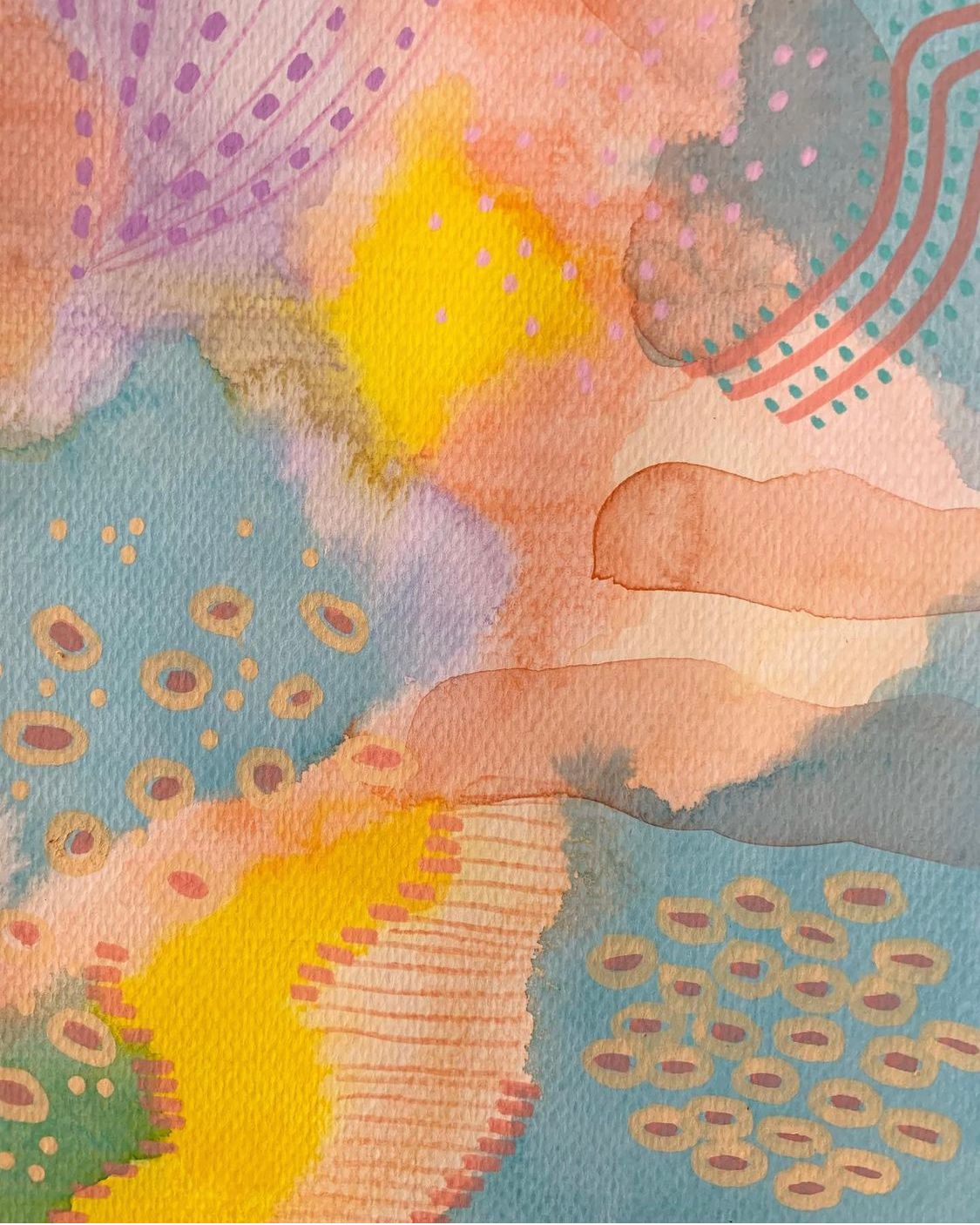Whether you are living the pandemic in the most rigorous way to the most relaxed way, it is certain that life has changed. Here, of course, those who have chosen to deny it in all forms are not included. But for those who have lived it in a way that is minimally supported by reality, and who have not resumed the so-called "normal" life, there are habits that seem to have changed drastically.
If before we took a wallet, cell phone, keys and left quietly through the door of our house, just as we returned and entered it almost unsuspecting, today we are far from it. Before leaving, you must put on your mask; During an outing we keep our mask, rub alcohol gel on our hands and simply abolish any kind of touch to the eyes, nose and mouth. On the way home, especially a few months ago, if we went shopping, there was a strict ritual of asepsis of products and food in plastic bags, for some. That part seems to have changed a bit lately.
A good example that makes us realize how habits have changed is watching pre-pandemic series and movies. It causes us deep strangeness to see characters without masks, crowded, sharing glasses and cutlery, hugging and kissing each other carefreely. (I remind you again of my caveat from the opening paragraph).
Well, there is individual risk management - as the pulmonologist and clinical researcher says Letícia Kawano -Golden -, that is, each one chooses at what level they want/can protect themselves, according to their needs and possibilities. Thus, this text may sound strange or distant to some. But today I would like to draw attention to how, after almost a year and a half of the pandemic, Our routine seems to have shrunk and our arrangements, once so commonplace, have become quite fragile.
With the pandemic, small family gatherings, meetings with friends - already so scarce in this period - even if done outdoors, can be canceled at the last minute, if someone sneezes half sideways, coughs half like that, has a slight sore throat. Is it covid?! You run to do a test and, who knows, schedule a new date next weekend. In these same cases of coughs, runny noses and other symptoms that were once commonplace, for those privileged, whose children have already returned to school, the same occurs. Children back indoors and suspension of any support that has involved people outside the family life. And so, the arrangement that was built for life to turn dismantles.
With the vaccine finally reaching more people and vaccination being completed with the second dose, this has certainly been attenuating. However, this is how we have been living for a year and a half, under an alert that, precisely because it is activated for such a long time, sometimes seems to be deactivated, but, in fact, it is only silent, because it continues to work and demand from us an expenditure of energy and attention to details that we had probably never paid attention to.

For those who are from Brasilia, with the extremely dry weather, a series of symptoms that can be from covid have been companions for many, many years. Stuffy nose, scratchy throat... Is it covid? This invisible and almost omnipresent enemy pushes us, minimizes us, contains our possibilities of leisure, our relationships, mathematizes kisses, hugs and touches.
We cower in our homes, sometimes so afraid, sometimes "pretending to be a habit", resigned. The screens remain on, we are working, talking virtually with those we love, trying to distract ourselves from this that has been going on for a year and a half. We less spontaneous, more alert, more alone, more robotic, more virtual, more tired and, perhaps, less human.
It seems to me that realizing that we continue to spend so much energy on managing the risks of the pandemic and living a life so different from the life of a year and a half ago allows us to be more attentive to our needs and to seek, as much as possible, small joys.
If the drought mistreats our eyes, noses and throats, it is also during this period that Brasília blooms, its ipês show themselves, pink and yellow carpets are drawn, caliandras and cagaita flowers appear, filling our eyes. The flowers of the cerrado, although so sensitive and fragile, remind us that there can be beauty even in adversity. We already know fragility well, we still need to discover beauty in the pandemic dryness.
Note: I dedicate this text to my dear Helena, who, in a conversation, reminded me of this coincidence, the fragility of flower arrangements and the arrangements of life.





